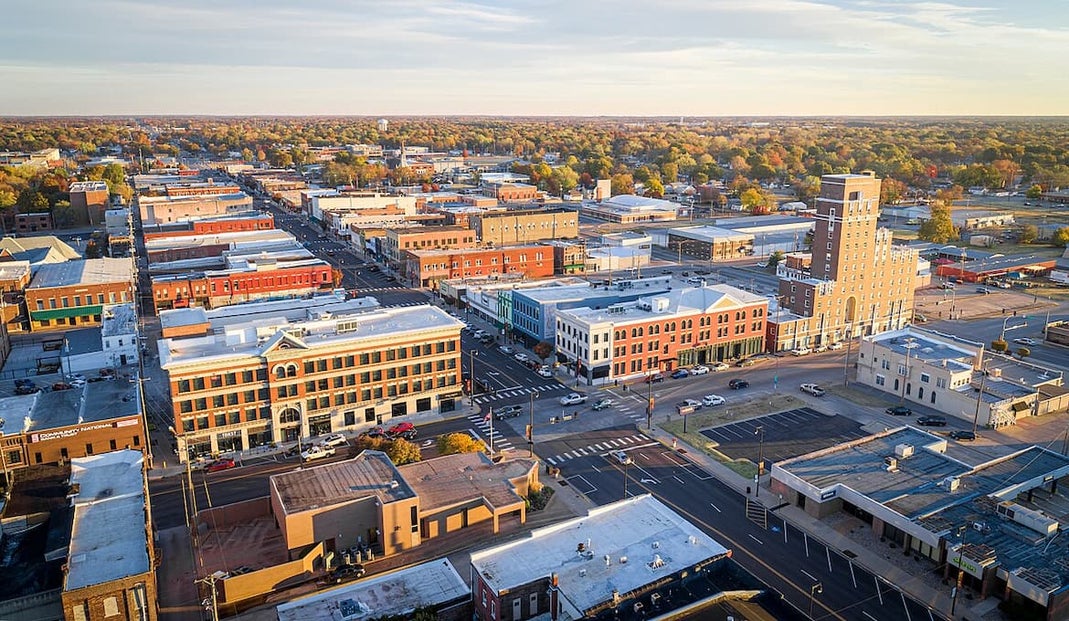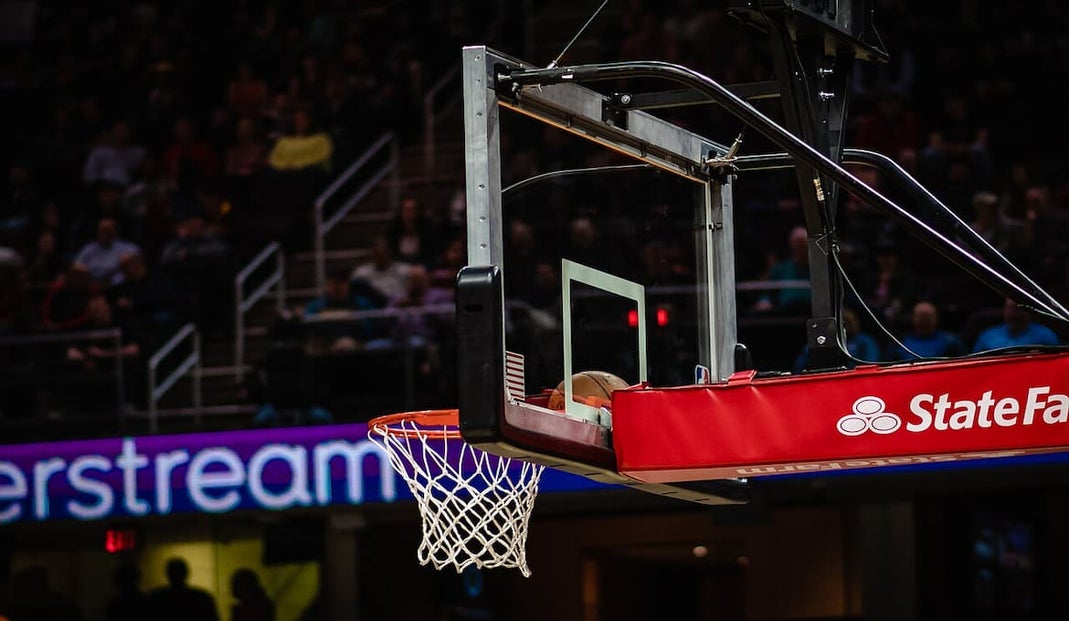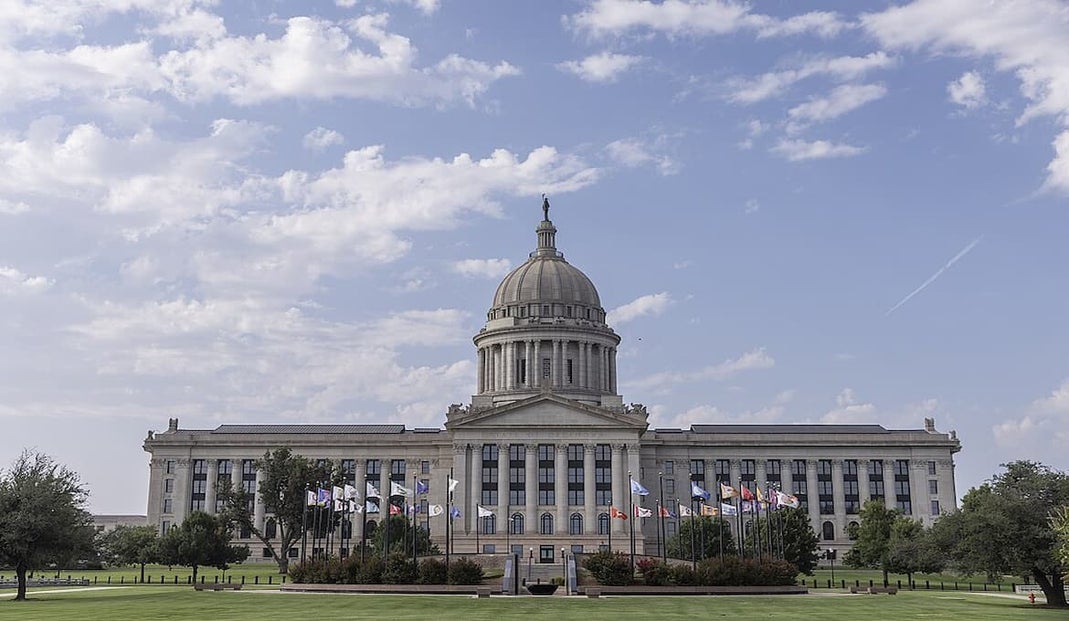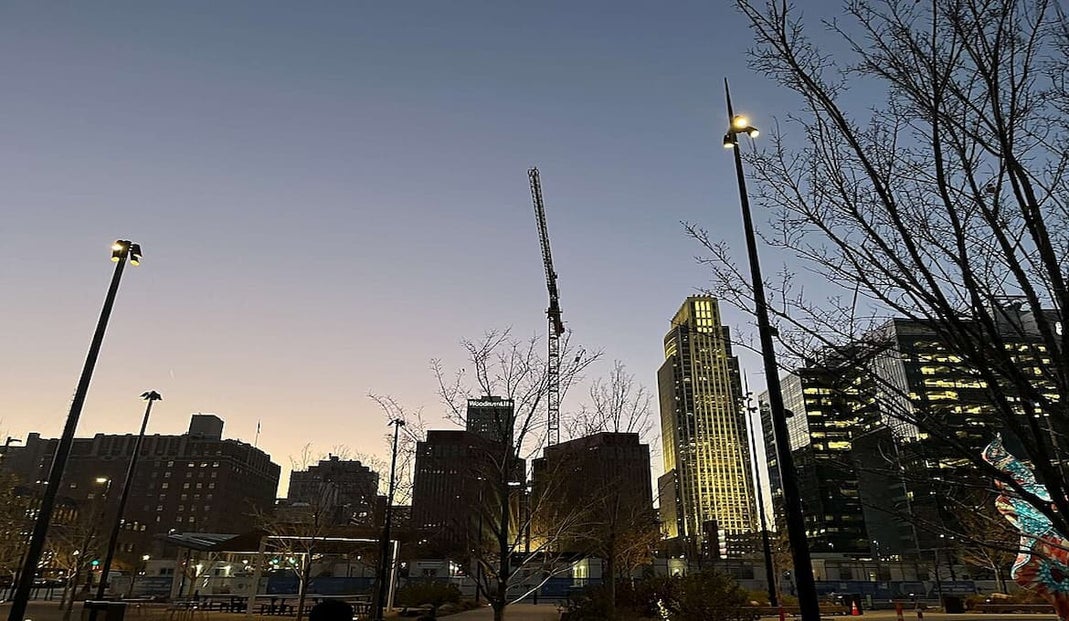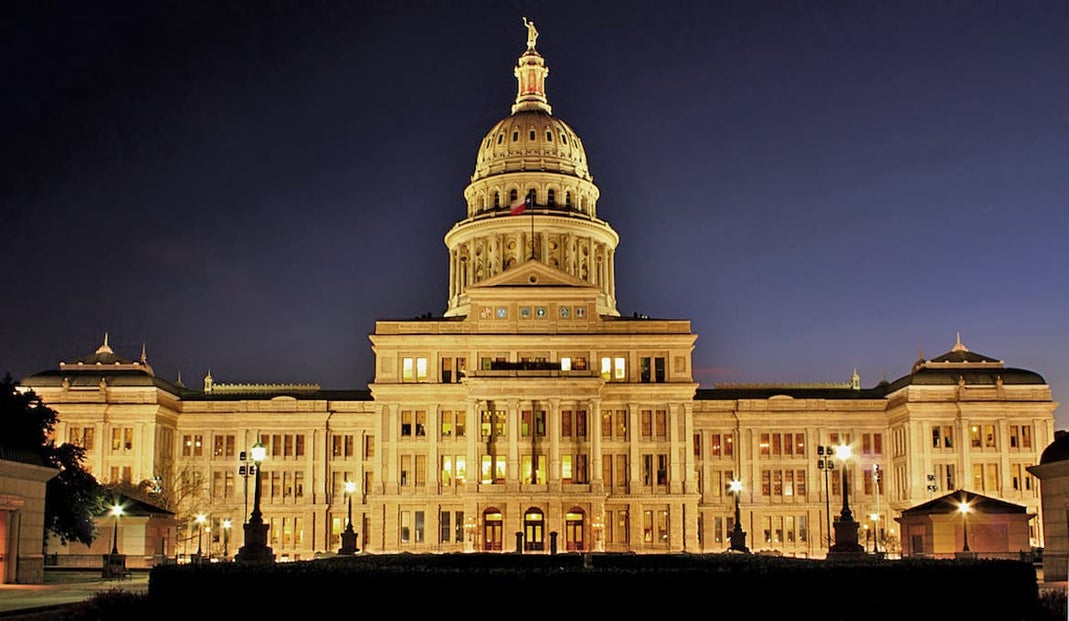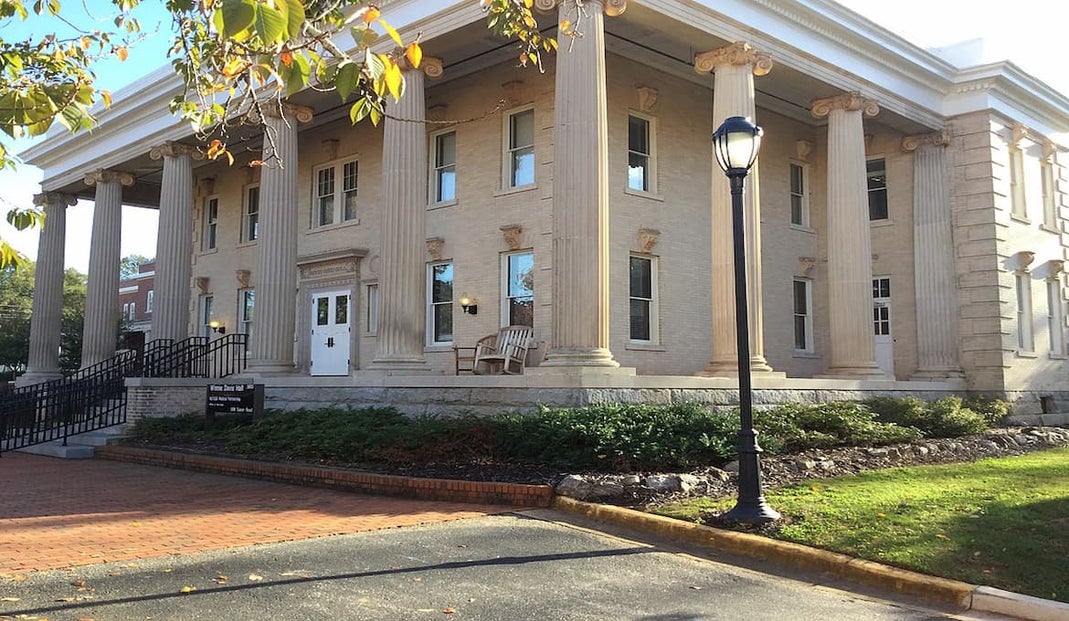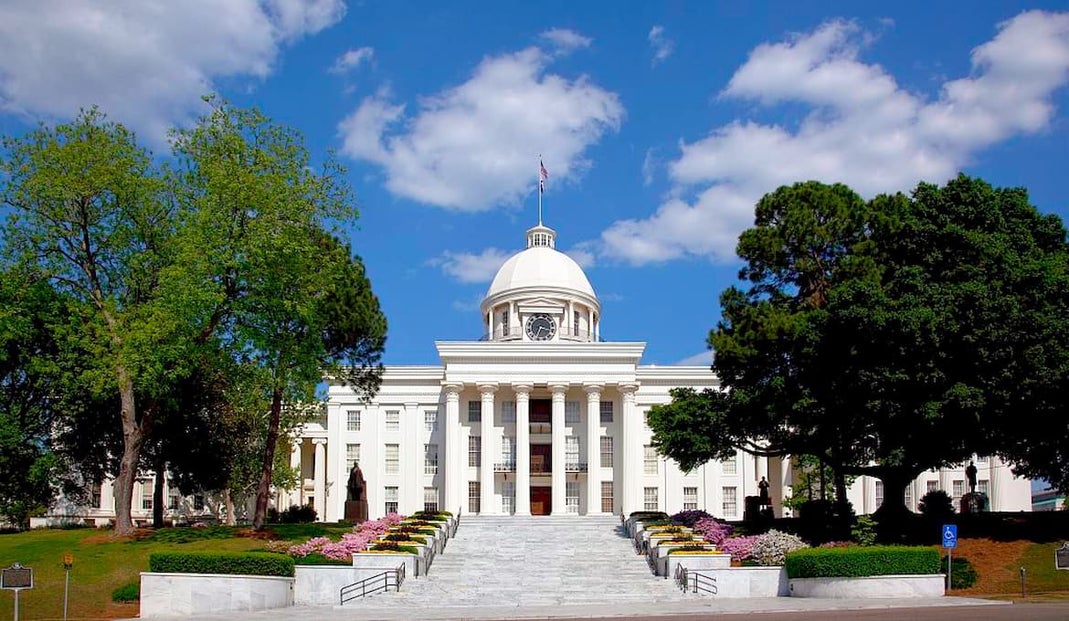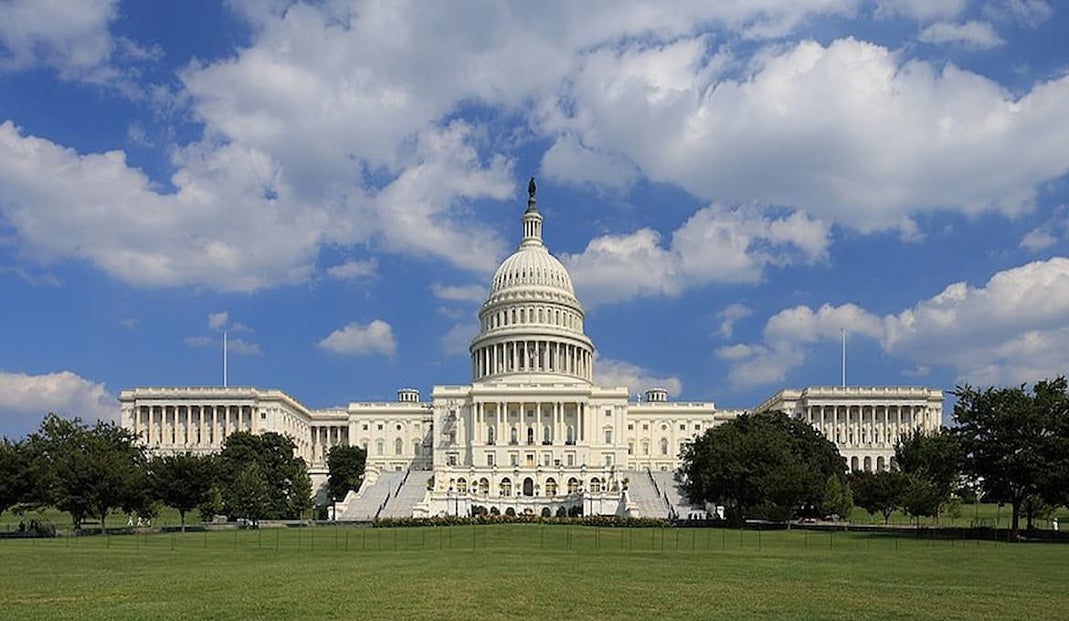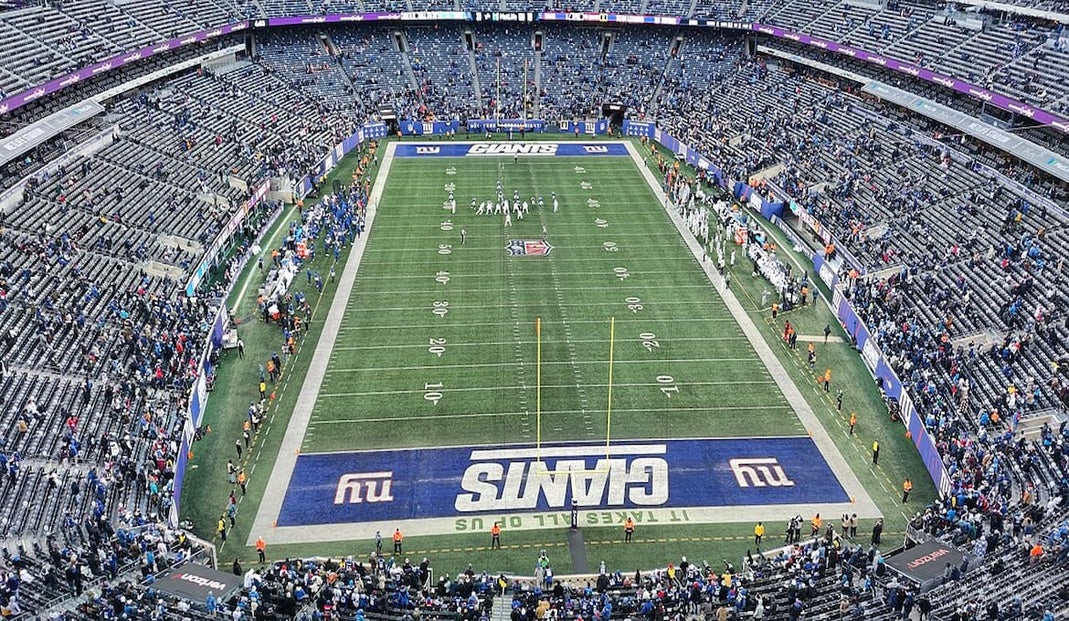Bill Gains Bipartisan Support
SJR 507 was introduced by two members of the House and two from the Senate. Three were Republicans, and one was a Democrat. That bipartisan support is rare in the US, giving proponents some hope for its chances to pass.
Unfortunately, that bipartisan support hasn’t helped in early debates over the proposal. Fears over problem gambling continue to dominate the conversation, with many lawmakers unwilling to risk the health and safety of its residents.
Neighboring States Legalizing Online Betting
One of the biggest arguments in favor of legalizing online sports betting revolved around other markets. Four South Dakota’s neighbors currently offer online sports betting: Iowa, Montana, Nebraska, and Wyoming. This means residents can take a short trip across state lines to place bets, costing the state potential tax revenue.
While North Dakota appears unlikely to legalize the industry soon, Minnesota could quickly join the list.
Deadwood, the state’s lone sports betting market, is on the border with Wyoming. While this has been a big attraction for Wyoming tourists, online sports betting has changed that. Now, more residents around Deadwood are taking a short trip next door to place wagers online instead of visiting the famous gambling town.
House Will be Biggest Roadblock
SJR 502 will face many challenges, but none more significant than the South Dakota House. The 2022 attempt for a voter referendum passed the Senate with an 18-17 vote but was defeated 10-3 in the House State Affairs Committee.
Sports betting proponents tried to oppose it in 2023, but the proposal was defeated 41-28 in a full House vote. This shows that the legislative chamber has been the most prominent roadblock to the online sports betting industry. Things don’t seem to have changed in 2025, making the chances of legalization low.




